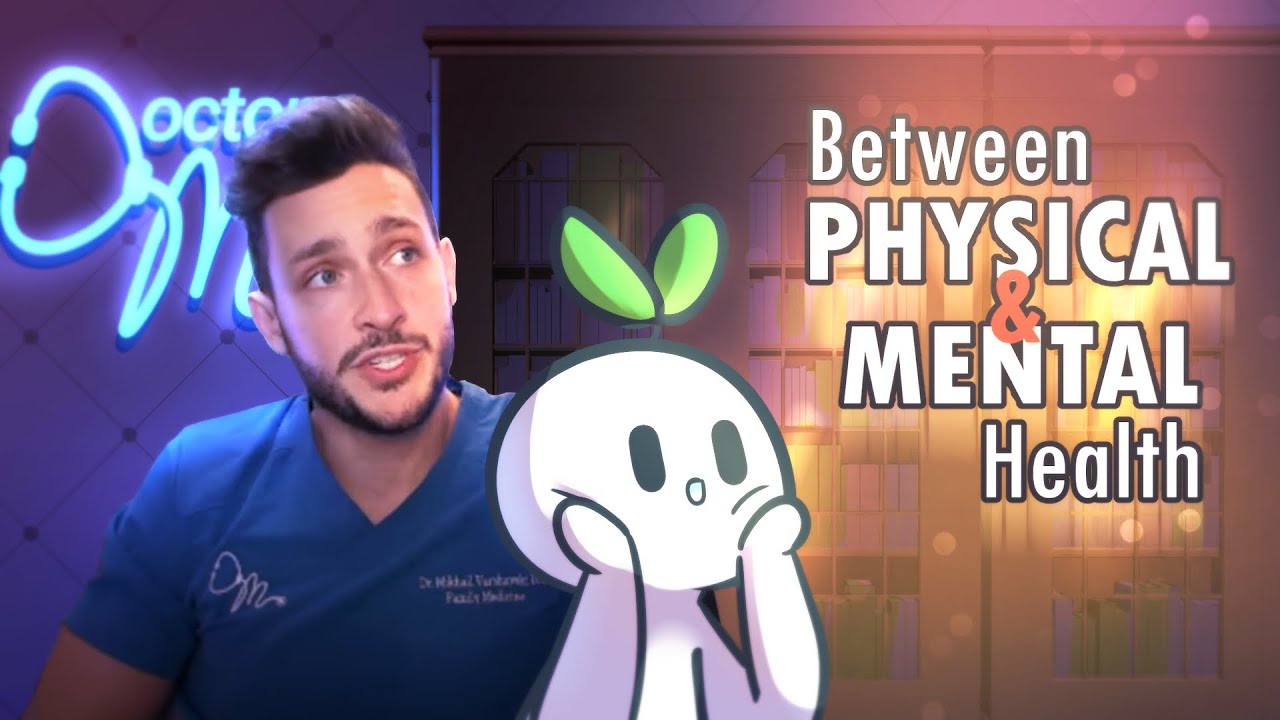Introduction
The connection between mental health and physical health has gained significant attention in recent years. While it was once believed that these two aspects of health were separate, research has increasingly shown that they are, in fact, deeply intertwined. Understanding the link between mental health and physical well-being can provide valuable insights into how we can improve our overall health and quality of life.
The Interrelationship of Mental and Physical Health
Many individuals often underestimate the impact that mental health can have on their physical health. Conversely, poor physical health can lead to mental health challenges. This complex interplay can be summarized in several key points:
1. Mental Health Influencing Physical Health
Studies have shown that individuals suffering from mental health disorders such as depression and anxiety are at a higher risk for various physical health issues. This includes:
- Cardiovascular diseases
- Obesity
- Diabetes
- Chronic pain conditions
The underlying mechanisms often include increased inflammation, stress hormones, and lifestyle factors such as poor diet and lack of exercise, which can further exacerbate physical ailments.
2. Physical Health Affecting Mental Health
On the flip side, physical health issues can significantly impact one’s mental well-being. Chronic illnesses, for instance, can lead to feelings of hopelessness, anxiety, and depression. The burden of managing a long-term illness can create a cycle where:
- Physical limitations lead to social isolation
- Chronic pain can cause emotional distress
- Health-related worries contribute to anxiety disorders
This cycle highlights the importance of addressing both physical and mental health concurrently for effective treatment.
The Biopsychosocial Model of Health
The biopsychosocial model provides a comprehensive framework for understanding the relationship between mental and physical health. This model posits that health is influenced by three interconnected domains:
1. Biological Factors
Biological factors include genetics, neurochemistry, and physical health conditions. These factors can predispose individuals to both mental and physical health issues. For example:
- Genetic predisposition to anxiety may lead to poor lifestyle choices, such as lack of exercise.
- Hormonal imbalances can affect mood and physical health.
2. Psychological Factors
Psychological factors encompass emotions, thoughts, and behaviors. They play a crucial role in how individuals perceive and respond to their physical health. Key aspects include:
- Stress management techniques can improve physical health outcomes.
- Positive mental attitudes can enhance recovery from illness.
3. Social Factors
Social determinants of health, such as socioeconomic status, relationships, and community support, also significantly influence the mental-physical health connection. Important considerations include:
- Access to healthcare services
- Social support networks
- Cultural attitudes towards health
Common Mental Health Disorders and Their Physical Health Implications
Several mental health disorders are particularly relevant to discussions about physical health. Understanding these can shed light on the importance of an integrated approach to health care.
1. Depression
Depression is one of the most prevalent mental health disorders worldwide. It is associated with:
- Increased risk of heart disease
- Weakened immune response
- Higher likelihood of chronic illnesses
Individuals with depression may also engage in unhealthy behaviors, such as smoking and poor diet, further impacting their physical health.
2. Anxiety Disorders
Anxiety disorders can lead to various physical symptoms, including:
- Increased heart rate
- Muscle tension
- Gastrointestinal issues
Chronic anxiety can contribute to long-term health problems, such as hypertension and digestive disorders.
3. Bipolar Disorder
Bipolar disorder can result in significant fluctuations in mood, which can affect physical health through:
- Erratic sleep patterns
- Substance abuse during manic episodes
- Neglect of self-care during depressive phases
These behaviors can lead to a deterioration of both physical and mental health.
Strategies for Integrating Mental and Physical Health Care
Given the strong connection between mental and physical health, it is essential to adopt an integrated approach to health care. Here are several strategies that can help:
1. Holistic Health Assessments
Health care providers should conduct holistic assessments that consider both mental and physical health. This can involve:
- Regular screenings for mental health issues in primary care settings
- Collaborative care models that involve mental health professionals in physical health settings
2. Promoting Healthy Lifestyle Choices
Encouraging individuals to engage in healthy lifestyle choices can benefit both mental and physical health. Key components include:
- Regular physical activity
- Balanced nutrition
- Adequate sleep
These factors can significantly reduce the risk of chronic diseases and improve mental well-being.
3. Mindfulness and Stress Management Techniques
Incorporating mindfulness practices and stress management techniques can improve overall health outcomes. Techniques such as:
- Meditation
- Yoga
- Deep breathing exercises
can help individuals manage stress, reduce anxiety, and improve emotional resilience.
4. Building Support Networks
Encouraging individuals to build strong social support networks can also enhance both mental and physical health. This can involve:
- Participating in community activities
- Joining support groups
- Engaging in family and friend relationships
A strong support system can help individuals cope with challenges and improve their overall quality of life.
Conclusion
The link between mental health and physical health is undeniable. Understanding this relationship is crucial for developing effective treatment strategies that address both aspects of health. By promoting integrated care, encouraging healthy lifestyle choices, and fostering supportive environments, we can improve health outcomes for individuals and communities alike. As we continue to explore the intricate connection between mental and physical well-being, it becomes increasingly clear that nurturing both is essential for achieving a healthier, happier life.
Further Reading and Resources
For those interested in learning more about the connection between mental health and physical health, consider exploring the following resources:



